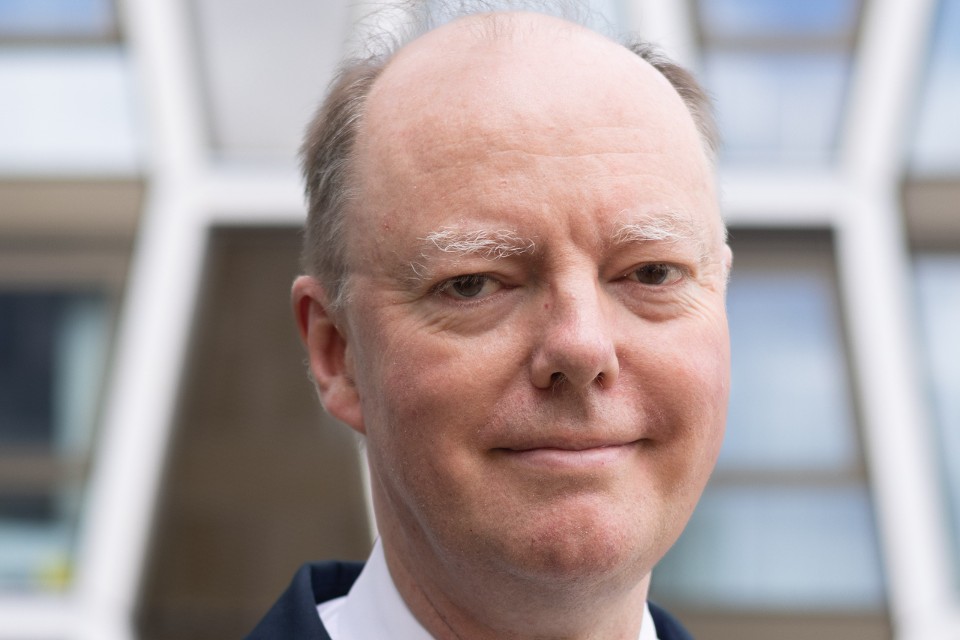Using NHS data to improve healthcare
Professor Sir Chris Whitty writes for The Times on how using data effectively and safely can improve patient care and bolster research

This article was originally published in The Times.
The NHS uses data every day for healthcare. All of us who use the NHS contribute to the data; all of us who use it benefit from the data being used effectively and safely. It serves three purposes all of which, done properly, improve healthcare now or in the future. The first is data for direct patient care. If data cannot be shared between different parts of the NHS, doctors and other healthcare professionals treating patients in one part of the NHS cannot access important information about us.
The second is to improve the effectiveness of the NHS. The third is to collate data for medical research to improve healthcare in the future. The more complete the data for all of these uses, the more effective current and future healthcare will be. By allowing the use of our data we benefit ourselves and others, but we also have an absolute expectation that these data will be kept securely, privately and only used for legitimate purposes.
Having our data shared across the NHS to assist directly in our own clinical care is a benefit to the great majority of patients in the NHS. We may receive care both from our GP and in hospital, and some people are treated in several different parts of the NHS. If a doctor or nurse in one part of the NHS does not know important facts from another, this can reduce the effectiveness of treatment and in some cases can be dangerous.
Currently the NHS has multiple data systems that do not talk to one another; we need to change that. Healthcare workers sometimes worry that sharing or accessing data might infringe some rule. When this is done in good faith for patient care, using standard guidelines and methods, it is extremely unlikely to cause any concern; indeed there is a strong clinical responsibility to share data when this will benefit an individual patient. The Information Commissioner, National Data Guardian and I have recently jointly written about this.
Using data integrated from patients across the NHS to improve its efficiency and effectiveness benefits us all. The more inclusive of everyone the data are, the easier it is for the NHS to make sure its resources are used efficiently to optimise healthcare for all of us. Covid-19 demonstrated this; by bringing together data from across the country and combining data from different parts of the system the NHS became steadily more effective at managing healthcare both for those who had Covid-19 and those needing care for other health problems. Knowing where there is ICU capacity, which A&E departments are under greater pressure, and optimising operation lists are all examples of things which need live, inclusive data.
The extraordinary improvements in health which have occurred as a result of medical research are the third area where using our patient data can be transformational. Again, taking Covid-19 as an example, we used data from patients from across the country, rapidly combined, to determine the safety and effectiveness of vaccines, drugs and other medical interventions.
Over a million UK citizens volunteered to take part in trials and other formal studies, and we should be very grateful to them. Many more contributed data which help to deliver new treatments, and assess their effectiveness for others in the future. Without data used in this way, the speed of medical improvements will be slowed down, and research aiming to improve future healthcare for diseases such as cancers or heart disease will be impossible.
People should know how their data is used and be involved in these decisions, so it is welcome that NHS England has today announced a programme of national conversations with the public on data policies and programmes. I encourage people to take part. The NHS has a responsibility to use data to improve individual patient care, its own effectiveness and support research. When we withhold our data from the NHS this can only reduce the effectiveness of care for us and others now, and medical advances for others in the future.